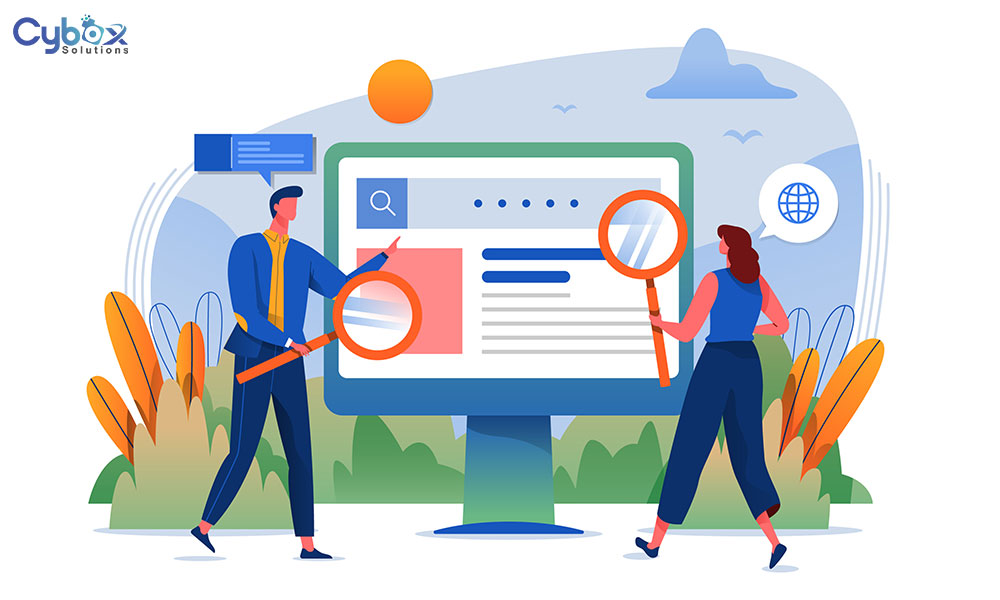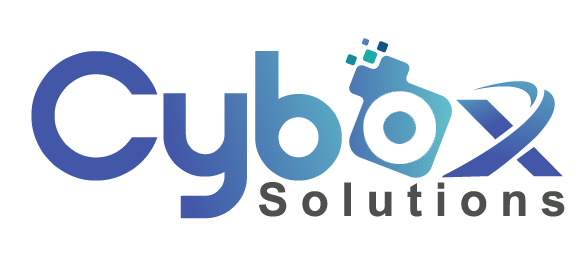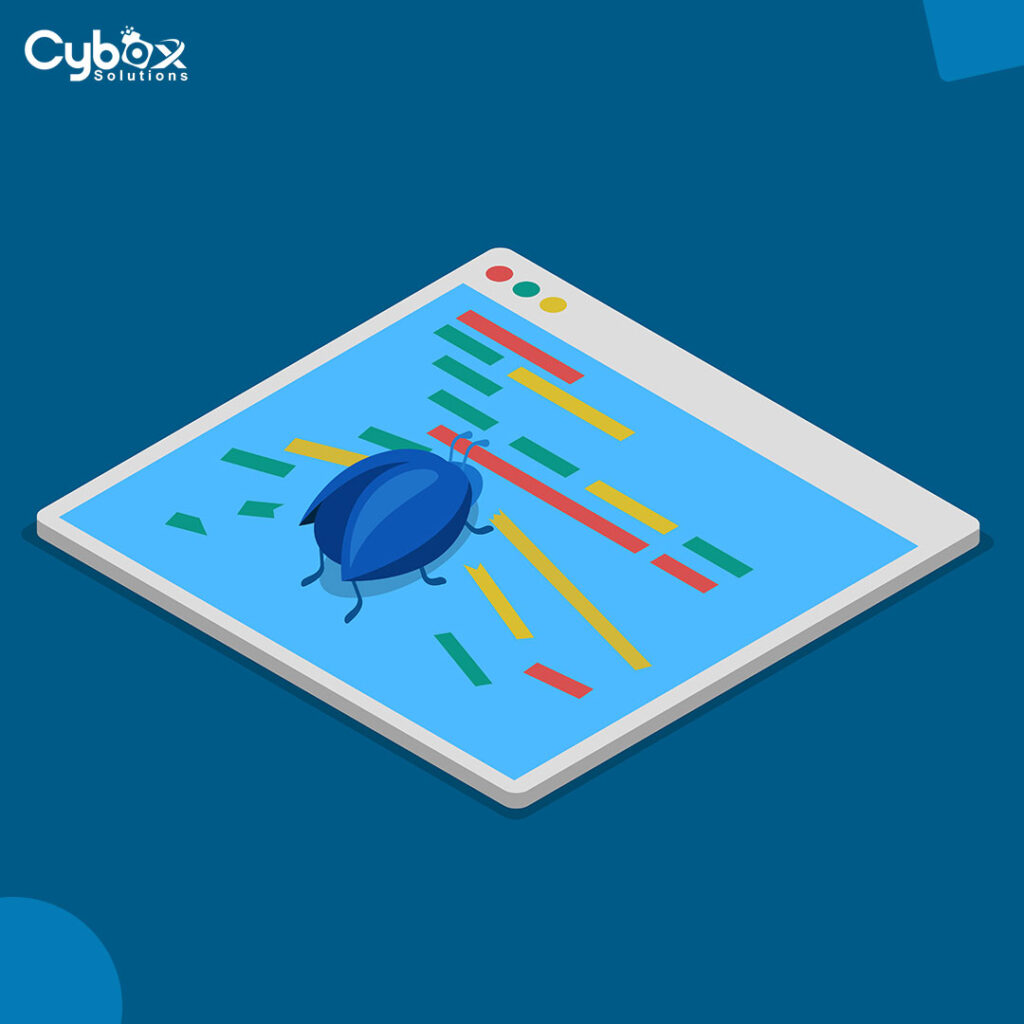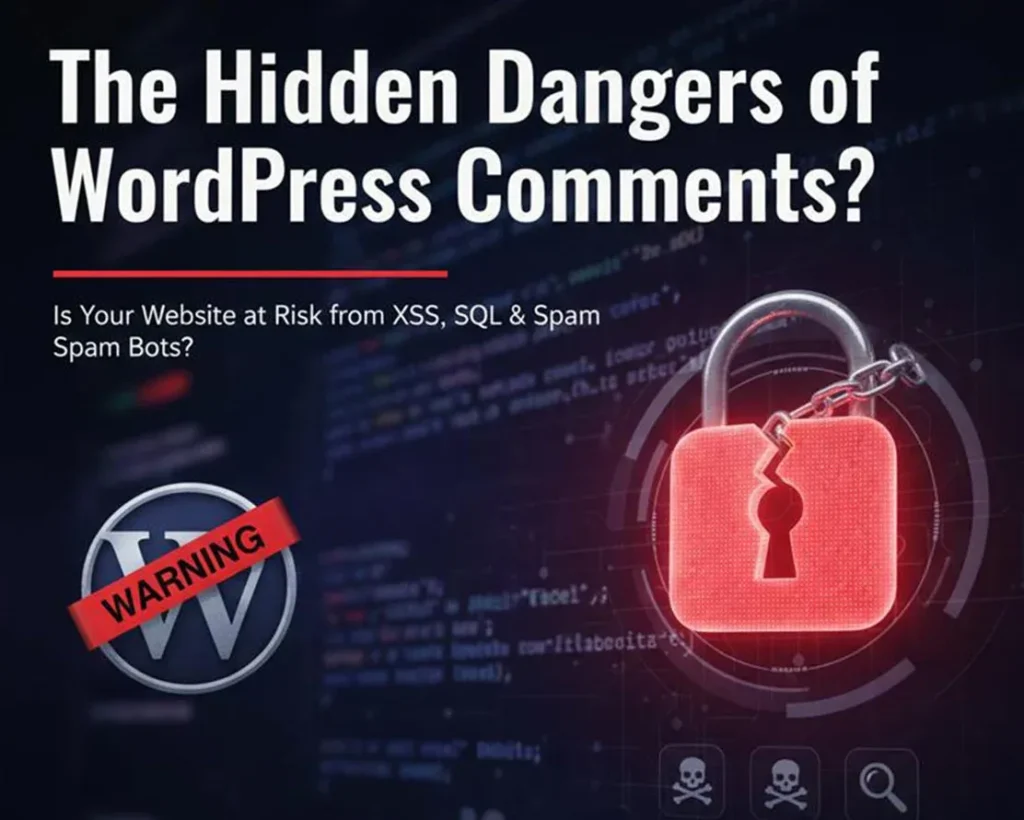Search engine crawlers are the digital explorers that discover and index websites on the internet. For your website to rank well in search engine results pages (SERPs), it’s crucial to ensure that these crawlers can easily access and understand your content. This is where crawlability and indexability come into play.

What is Crawlability and Indexability?
Crawlability: This refers to how easily search engine bots can access and navigate your website. A website that is easily crawlable is more likely to be indexed.
Indexability: Once a search engine bot has crawled your website, it can decide whether or not to index it. Indexation means the page is stored in the search engine’s database and can potentially appear in search results.
Optimize Your Website Structure:
How to Improve Crawlability and Indexability
- Use a clear and hierarchical site structure.
- Create a logical navigation menu.
- Avoid excessive use of frames or JavaScript that can hinder crawling.
Create a Sitemap:
- A sitemap is a file that lists all the important pages on your website.
- Submit your sitemap to Google Search Console to help crawlers discover your content.
Fix Broken Links:
- Broken links can confuse search engine bots and negatively impact your website’s user experience.
- Use tools like Google Search Console to identify and fix broken links.
Optimize Page Load Speed:
- Slow-loading pages can discourage both users and search engines.
- Optimize images, minimize code, and leverage browser caching to improve page speed.
Use a Robots.txt File:
- The robots.txt file tells search engine crawlers which pages they can and cannot access.
- Use it carefully to avoid blocking important pages.
Avoid Duplicate Content:
- Duplicate content can confuse search engines and lead to lower rankings.
- Use canonical tags to specify the preferred version of a page.
Optimize for Mobile:
- Ensure your website is mobile-friendly.
- Google prioritizes mobile-friendly websites in search results.
Monitor Crawl Errors:
- Use tools like Google Search Console to check for crawl errors and address any issues promptly.
Build High-Quality Backlink’s:
- While not directly related to crawlability and indexability, backlinks from reputable websites can signal to search engines that your content is valuable.
The Importance of Crawlability and Indexability
If your website is not crawlable or indexable, it’s unlikely to appear in search results. This can significantly impact your online visibility and potential customer reach. By optimizing your website for crawlability and indexability, you can improve your chances of ranking higher in search engines and attracting more organic traffic.
- Crawlability and indexability are essential for SEO success.
- A well-structured website with clear navigation and optimized content is more likely to be crawled and indexed.
- Regular maintenance and monitoring are necessary to ensure your website remains crawlable and indexable.
By following these guidelines, you can significantly improve your website’s crawlability and indexability, giving it a better chance of ranking higher in search engine results. Remember, SEO is an ongoing process, so it’s important to monitor your website’s performance and make adjustments as needed.







No comment yet, add your voice below!